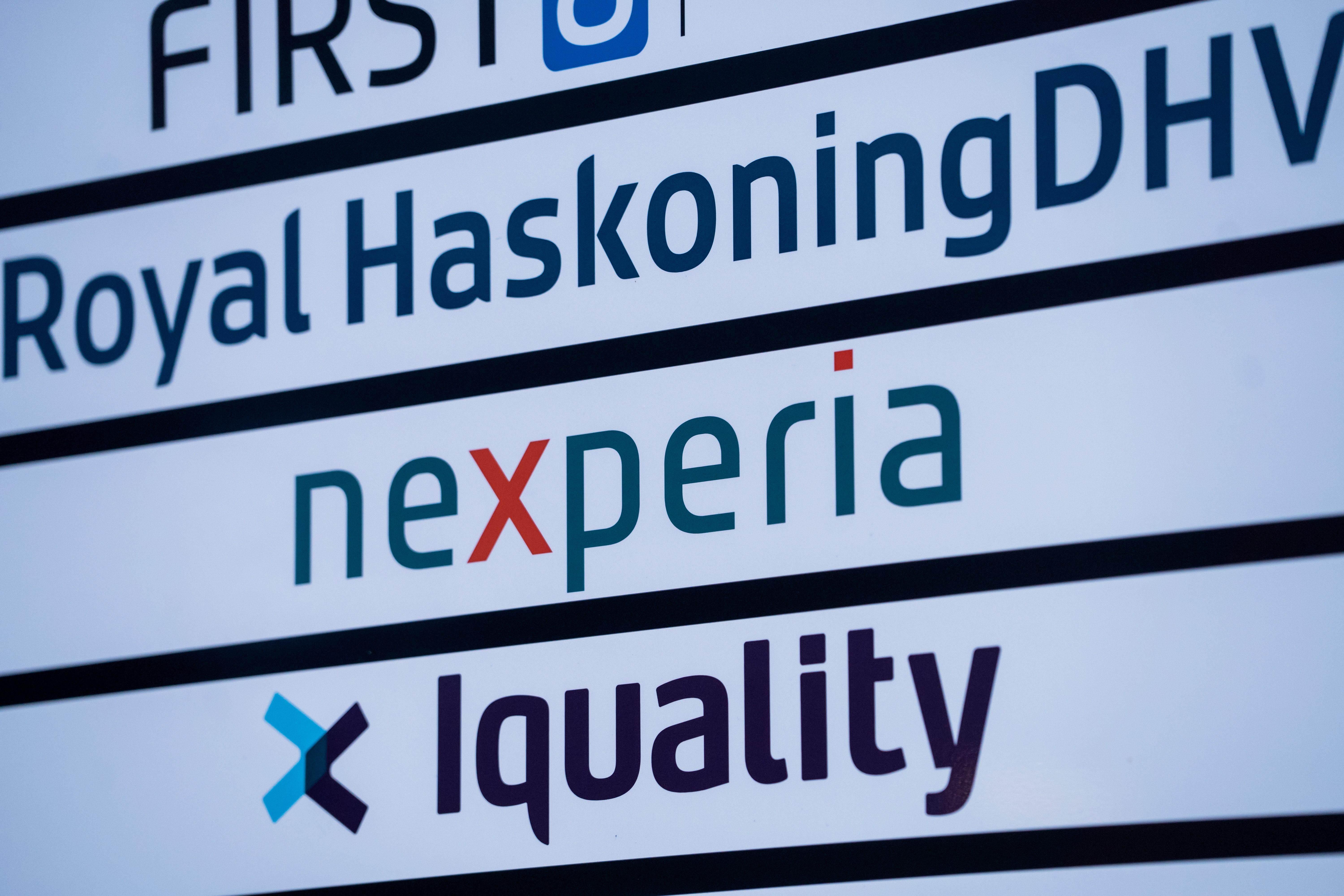Nexperia allowed to resume exports from China following Trump-Xi talks — companies may seek exemptions from the Ministry of Commerce to restart international deliveries
This corporate drama seems to be driven by the U.S.-China trade war.

Beijing has just allowed companies to apply for exemptions from its Nexperia export ban, allowing those relying on its chips to resume orders finally. China previously banned exports from the company's local subsidiary about a couple of weeks ago, in response to the Dutch government seizing control of the chipmaker from its Chinese parent, Wingtech. According to the South China Morning Post, the Chinese Ministry of Commerce (MOFCOM) will consider exemptions as automakers worldwide experience disruptions.
Although Nexperia isn’t as big as TSMC or Samsung, it’s a niche supplier of automotive semiconductors, holding about 40% of the market. With the average modern car containing about 1,500 chips, supply chain instability can stall production and cause assembly lines halfway across the world to cease operation.
“We will comprehensively consider the actual situation of enterprises and grant exemptions to exports that meet the criteria,” a MOFCOM representative said in a statement, meaning Beijing isn’t lifting the blanket ban on Nexperia China’s exports. Instead, car manufacturers must seek a waiver from the Chinese government, which will consider applications on a case-by-case basis.
This statement comes soon after U.S. President Donald Trump and Chinese President Xi Jinping met in Busan, South Korea, on the sidelines of the 2025 APEC Summit. MOFCOM said that the White House would postpone its 50-percent subsidiary rule, which says that companies that are at least 50% owned by blacklisted entities would be included in its export ban. Wingtech Technology, Nexperia’s parent company since 2019, was included in the list late last year, meaning Nexperia is in danger of losing access to U.S.-made components, software, and technologies.
Washington introduced this rule in late September, which came into effect immediately. However, companies were granted a Temporary General License, effective for 60 days after the expansion of the ban, to allow them to adjust their supply chains. Although the Dutch government says its CEO’s alleged financial misappropriation partly drives its takeover of Nexperia, the timing of the move suggests it is a response to the threat posed by the U.S.’s expanded export controls.
China’s move would allow companies to resume deliveries of Nexperia chips if they can obtain a license from Beijing. However, it looks like the company’s ownership saga will not end here, as the Dutch head office has ceased exports to its China factory. Although Nexperia has factories in other locations outside of China, 70% of its global output comes from its site in Guangdong. This adds a further complication to the ongoing spat, because even though Nexperia China can now continue deliveries to its clients who acquire a permit from the MOFCOM, it wouldn’t be able to keep up with demand unless its European headquarters resume shipments of the raw materials needed to continue production.

Follow Tom's Hardware on Google News, or add us as a preferred source, to get our latest news, analysis, & reviews in your feeds.
Get Tom's Hardware's best news and in-depth reviews, straight to your inbox.

Jowi Morales is a tech enthusiast with years of experience working in the industry. He’s been writing with several tech publications since 2021, where he’s been interested in tech hardware and consumer electronics.
-
zsydeepsky So in the end...Nexperia China still holds the majority of its production capacity, Chinese clients still have their chips, yet foreign clients have to reorder and pay extra from Nexperia China, with Chinese government approval, paying with Chinese Yuan.Reply
What Dutches got is an entity that now probably has to pay multiple Billions worth of penalty for being unable to deliver the chips...
I assume at this point, even if the Netherlands government wants to return the entity they seized, the Chinese will not accept it unless the Dutch government pays all those penalties.